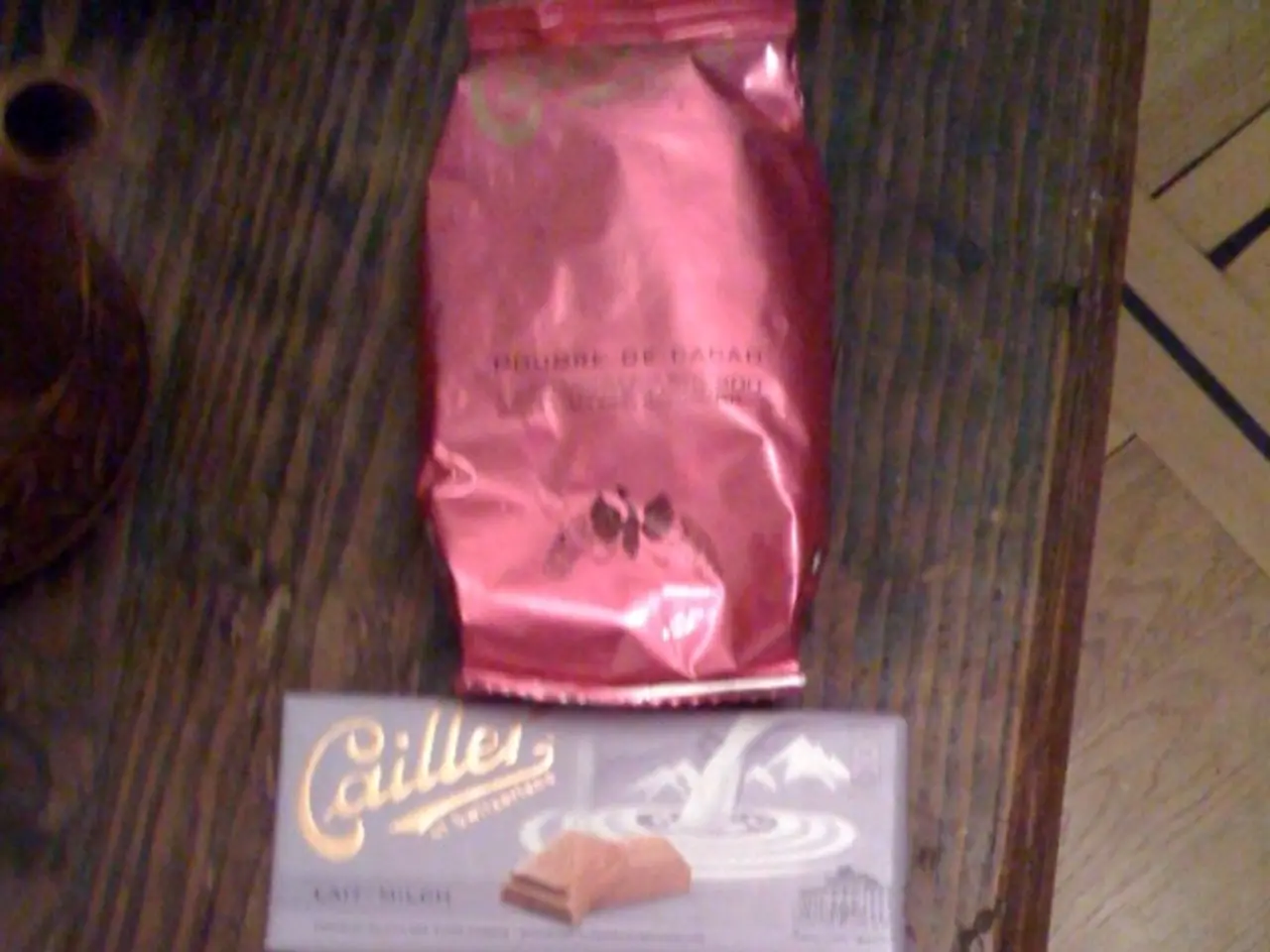Chocolate's primary component, cocoa, is frequently cultivated in environments detrimental to the planet. An emerging movement in Madagascar, known for its high-quality cocoa production, strives to make chocolate production eco-friendly.
Madagascar, a country known for its unique biodiversity and high-quality cacao, is witnessing a surge in initiatives aimed at sustainable and responsible cocoa sourcing. These efforts are driven by both local entrepreneurs and global confectionery giants, as the demand for ethical and environmentally friendly cocoa products continues to grow.
The plight of Madagascar's ring-tailed lemurs, whose population has plummeted by at least 95 percent since 2000, has been a significant catalyst for change. Deforestation in the island nation, primarily due to firewood and charcoal production, has contributed to the loss of 25 percent of its tree cover since 2000. This deforestation not only threatens the habitat of these endangered species but also exacerbates erosion in the northern part of the country, as climate change drives stronger cyclones and increasingly heavy rainfall.
In response to these concerns, several international companies and organizations have launched or announced initiatives aimed at sustainable, responsible cocoa sourcing in Madagascar. By 2023, numerous such projects are expected to be underway or announced.
One of the leading players in this global movement is Barry Callebaut, one of the world's largest cocoa processors. The company is actively engaged in sustainable cocoa sourcing worldwide, including in Madagascar, where it works on certified and sustainable supply chains. Although specific projects in Madagascar may not always be transparent, Barry Callebaut is a key player in global initiatives such as Cocoa Horizons, which are active in Africa.
Another major player, Ferrero, is increasing its focus on sustainable cocoa and has announced plans to fully certify its cocoa supply chain. While Ferrero does not have a known program in Madagascar, it sources certified cocoa from various countries, including Africa.
Nestlé, a co-founder of the "Cocoa Plan" initiative, is committed to sustainable cocoa cultivation. Although the Cocoa Plan is primarily active in West Africa, Nestlé advocates for sustainable sourcing practices globally and could potentially support similar projects in Madagascar.
Mars, maker of popular chocolate brands like SNICKERS and M&M'S, has set a goal to source all its cocoa from sustainable sources by 2025 (Sustainable Cocoa for Generations). The company collaborates with local partners and has shown interest in sustainable sourcing in Madagascar.
Chocolat Bonnat, a French chocolate manufacturer known for its close relationships with Madagascar's cocoa farmers, focuses on direct sourcing, fair pay, and high-quality cocoa. This responsible approach relies on partnership networks and transparency.
Madécasse (now Beyond Good), a US-based company specializing in Madagascar's cocoa, manages the entire value chain from farming to chocolate production in Madagascar. Beyond Good is one of the most notable examples of responsible and sustainable sourcing in Madagascar, promoting direct partnerships with farmers, fair working conditions, and environmental protection.
In addition to these companies, international certification systems like Fairtrade, UTZ (now part of Rainforest Alliance), and Organic are active in Madagascar, helping to establish sustainable purchasing structures. Many companies also collaborate with local cooperatives, NGOs, or development programs to build sustainable value chains.
USAID is introducing agroforestry to 2,000 additional cacao and spice farmers in the dry southern part of Madagascar to protect forests and improve the livelihoods of the 75 percent of Malagasy who live below the poverty line. Agroforestry, a method that involves mixing cacao trees with fruit and hardwood trees to provide shade, is experiencing a renaissance in Madagascar. This practice not only encourages biodiversity but also helps endangered lemurs, such as Madagascar's endangered lemurs, to return to the land.
Cacao, in its raw, bitter form, is claimed to have various health benefits, including warding off cancer, lowering blood pressure, and improving memory. The anti-inflammatory effects of cocoa on the human body are another reason for its growing popularity in health and wellness products.
In Ambanja, a plantation owned by fourth-generation farmer Andrianarison Lalatiana, researchers from the Bristol Zoo in the UK have spotted lemurs for the first time in the trees. This is a testament to the potential of sustainable and responsible cocoa farming practices to coexist with and even benefit wildlife.
As more chocolate brands consider sustainable and ethical best practices, Madagascar's unique cacao stands to benefit from the growing demand for ethically sourced, high-quality cocoa. Whether you're a chocolate lover or a concerned consumer, the future of cocoa in Madagascar looks increasingly promising.
Read also:
- Understanding Hemorrhagic Gastroenteritis: Key Facts
- Stopping Osteoporosis Treatment: Timeline Considerations
- Tobacco industry's suggested changes on a legislative modification are disregarded by health journalists
- Expanded Community Health Involvement by CK Birla Hospitals, Jaipur, Maintained Through Consistent Outreach Programs Across Rajasthan








